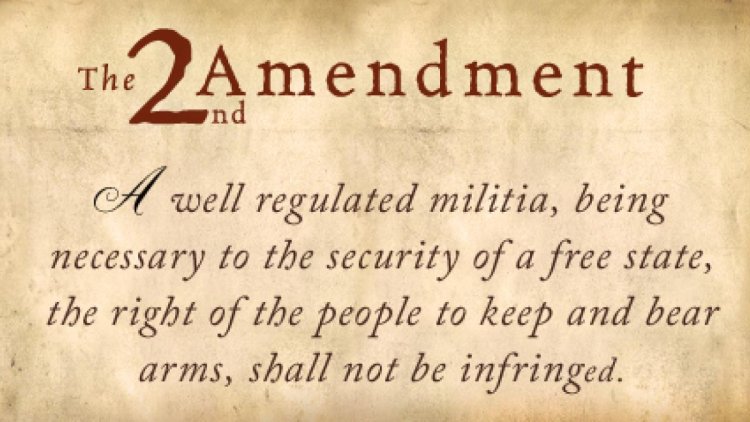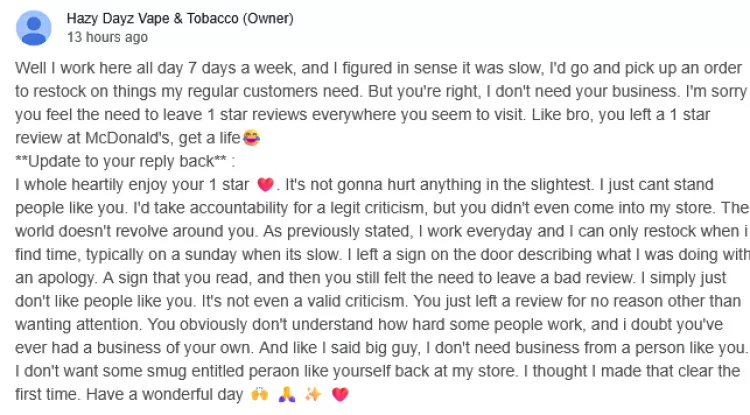The Second Amendment to the United States Constitution

The Second Amendment to the United States Constitution is a part of the Bill of Rights, which is the first ten amendments to the Constitution. It was ratified in 1791. The Second Amendment reads:
"A well regulated Militia, being necessary to the security of a free State, the right of the people to keep and bear Arms, shall not be infringed."
This amendment has been the subject of much debate and interpretation over the years, but its original purpose can be understood in the context of the time it was written.
The Second Amendment was primarily intended to serve two main purposes:
-
Preservation of a "well regulated Militia": At the time the United States was formed, there was no standing army, and the new nation relied heavily on local militias for defense. The framers of the Constitution believed that a well-armed citizenry, who could be called upon to form militias when needed, was essential to the security of the newly established nation. The amendment aimed to ensure that these militias could be maintained, as they were seen as a counterbalance to the potential threat of a standing army controlled by the federal government.
-
Protection of an individual's right to bear arms: The Second Amendment also recognizes the right of "the people" (individual citizens) to keep and bear arms. This was not solely for military purposes but also for personal self-defense, hunting, and as a safeguard against potential tyranny. The framers wanted to ensure that citizens had the means to protect themselves and their property.
It's important to note that the interpretation of the Second Amendment has evolved over time, and there is ongoing debate about its meaning. Some people argue for stricter gun control laws in the interest of public safety, while others advocate for a broad interpretation of the amendment as protecting an individual's right to own firearms. This has led to a wide range of gun laws and regulations across the United States, as the issue continues to be a contentious and politically charged one. I personally believe in the right to bear arms and advocate of more permissive gun laws, I believe that stricter gun laws can do more harm than good in several ways. It's important to note that this perspective is just one side of the debate, and there are contrasting opinions. Here are some of the arguments that stricter gun laws have unintended negative consequences:
-
Infringement on Second Amendment Rights: The most common argument against stricter gun laws is that they infringe on individuals' Second Amendment rights, which protect the right to bear arms. I believe that the government should not restrict or regulate this fundamental right. I argue that such restrictions limit personal freedoms and constitutional rights.
-
Criminal Disincentive: Stricter gun laws may primarily affect law-abiding citizens rather than criminals. I also argue that criminals often obtain firearms through illegal means, such as the black market, theft, or straw purchases. Stricter gun laws may not necessarily deter criminals from obtaining firearms, but they can make it more difficult for law-abiding citizens to access guns for self-defense.
-
Self-Defense: Owning firearms is essential for self-defense. I believe that stricter gun laws can leave individuals more vulnerable to threats, as it can take law enforcement considerable time to respond to emergencies. In my view, citizens should have the means to protect themselves and their families.
-
Selective Enforcement: Critics of gun control measures often contend that the enforcement of such laws can be selective and potentially biased. They worry that minority and marginalized communities may be disproportionately affected, leading to potential injustices in the legal system.
-
Government Tyranny: Proponents of gun rights like myself argue that an armed citizenry acts as a check against potential government tyranny. Believe that, in extreme cases, an armed populace can resist oppressive governments and safeguard individual freedoms.
-
Unintended Consequences: Advocates of more permissive gun laws argue that restrictions can lead to unintended consequences. For example, in places with strict gun control, there have been instances of increased gun violence as criminals may be emboldened by the perception that law-abiding citizens are less likely to be armed.
It's important to emphasize that the debate over gun control is complex and multifaceted. Those in favor of stricter gun laws argue that they can help reduce gun violence, accidents, and mass shootings. They often cite examples from other countries with stricter regulations as evidence that such measures can be effective. The effectiveness and consequences of gun laws continue to be a matter of intense debate, with strong arguments on both sides. Ultimately, the decision to implement stricter gun laws or maintain more permissive ones often depends on societal values, political perspectives, and a country's specific circumstances. Please, feel free to leave a comment on your thoughts and register for a free account, if you liked this post or others like it, they can be added to your reading list or if you don't want to sign up for an account you can always just book mark the page and as always thanks for taking the time ti check us out!
What's Your Reaction?
















